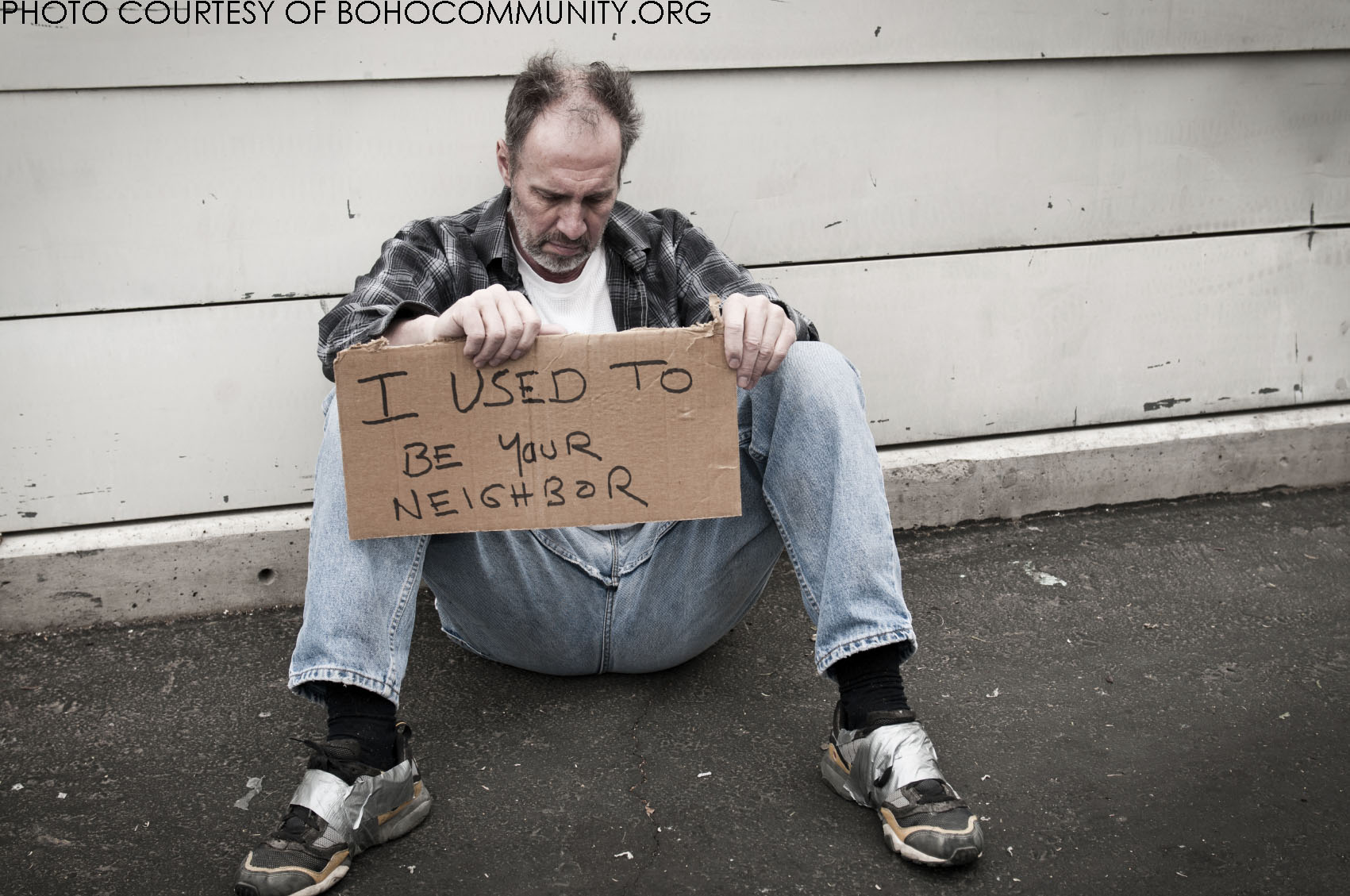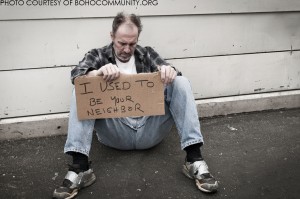

640,000 is a large number.
640,000 is how many people on average spend a night homeless in the United States.
One student at Leesville has decided that he was going to make an effort to try and help some of those people, even if it may only be a small fraction.
Travis Cohen, junior, has started the “Left at the Light” foundation that gives food and other necessities to the homeless in the community.
Cohen has an interesting story as to how he got started.
“A few years ago I started going with my church to feed the homeless,” said Cohen.
“Just seeing the first-hand experience of how many homeless people are in Raleigh, and then the fact that when you drive down Leesville, you see at the intersections all these different people,” continued Cohen.
Cohen said, “That’s what fueled me to start helping them out.”
Cohen also gave some background on his organization. “We go around and collect different dry food, and we put them in gallon-sized back and hand them to the (homeless) people.”
When asked what is put in the bags, Cohen elaborated: “Other things we put in are coupons, bus tokens, different things.”
Cohen said, “Most homeless people will stand at the left of an intersection to target those taking a left turn, since you do not have to wait to make a
“Also, when you take a left you are leaving the homeless people at the intersection.”
While Cohen’s acts stand out, he is not the only one at Leesville making an effort to help the homeless.
Jessica Huber, Student Assistance Program Counselor, works with homeless students at
Leesville on a personal level.
“Providing them services so they can come to school, provide transportation, give them free lunch, provide school supplies, make them aware of opportunities involving tutoring and during the holidays we ask the families if they are interested in being on the Pride Pole,” said Huber.
When asked about her experience, Huber said, “these are good families, and for students that might not be living with their parents they are trying to make it on their own.”
The act consisted of 15 programs for the homeless, some of which include the Supportive House Program, the Shelter Plus Care Program and the Single Room Occupancy Program.
Title VIII of the program mends the Food Stamp program to include those that are homeless, and Title VII authorized programs by the Department of Education.
When asked about her experience, Huber said, “These are good families, and for students that might not be living with their parents they are trying to make it on their own.”
Both have ideas as to what can be done on a larger scale. Huber said, “There’s not a huge number of options regarding shelters, especially for males.”
She continued, “There needs to be an effort to provide more options for temporary housing. Some families are just going through a transition and need housing for a month or two.”
Cohen’s ideas were a little different. He said, “Partnering with homeless people, trying to get them to get help and back on their feet.”
Cohen continued, saying, “once you’re homeless, it’s kind of like a trap. You can’t get a job because you don’t have a driver’s license, you can’t get a driver’s license because you don’t have a home, a place where you reside.”
“It’s hard to get out,” said Cohen.
When Huber was asked about if she had experienced a situation with a family where the cause was drug addiction, she said, “I haven’t personally experienced that (drug addiction) with a family I’ve worked with. It’s mainly difficulties in finding affordable housing.”
“In general there are some people where the addiction is why they’re homeless. It’s a stereotype, everyone has a stereotype driven against them,” said Cohen.
Huber also mentioned it is very difficult for young men to find shelters.
Huber continued about the stereotypes, saying, “Anyone at any point in our lives can be in that situation.”
Huber also said regarding stereotypes, “I think gaining that perspective that this could happen to anybody, we could lose our job, we could have our job cut, a big medical expense could happen in our family.”
The final thing Huber had to say was this:
“We need to think about treating everyone as people, because the same thing could happen to you.”